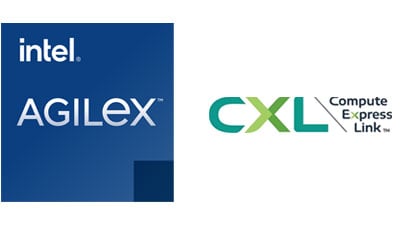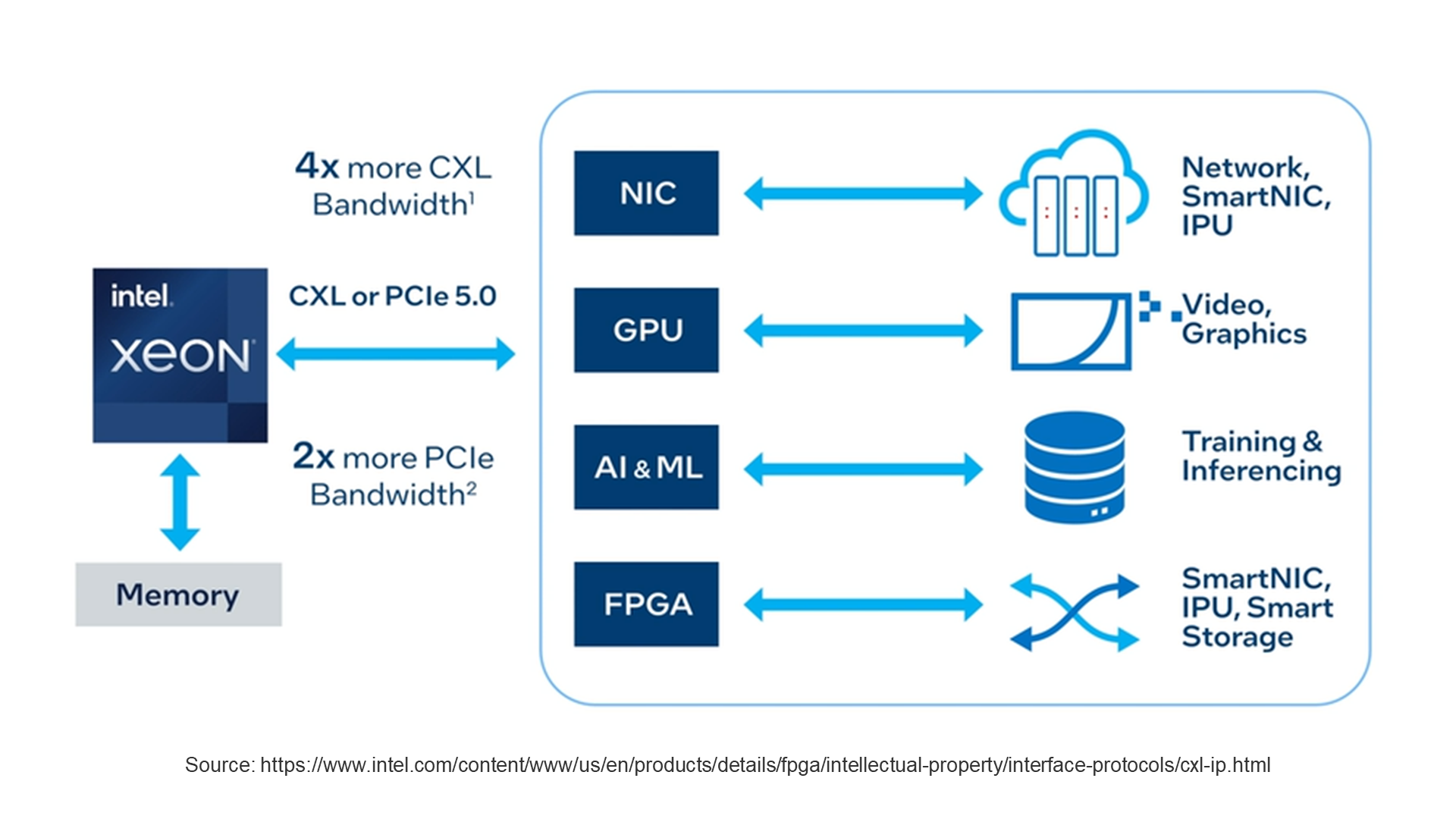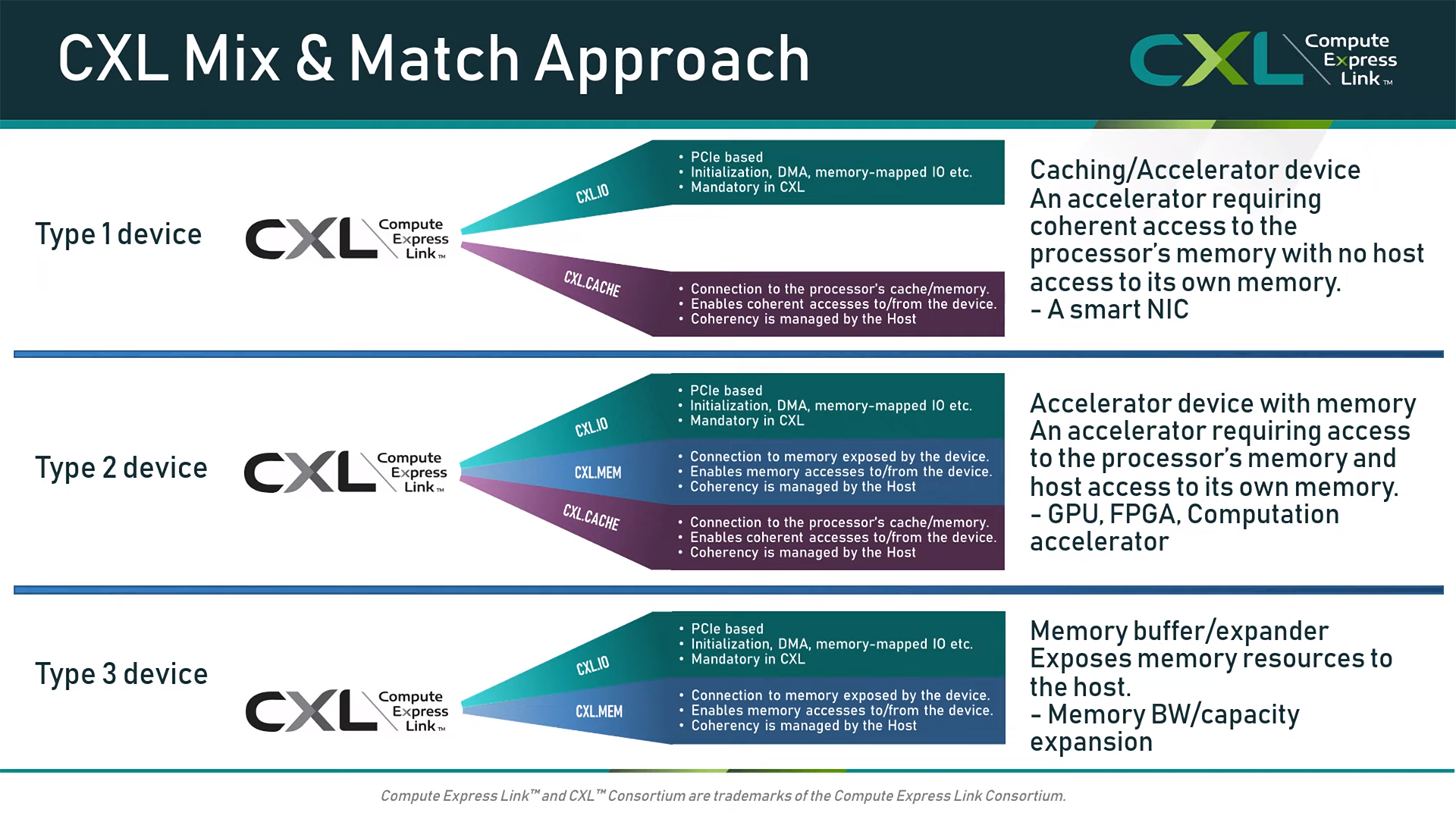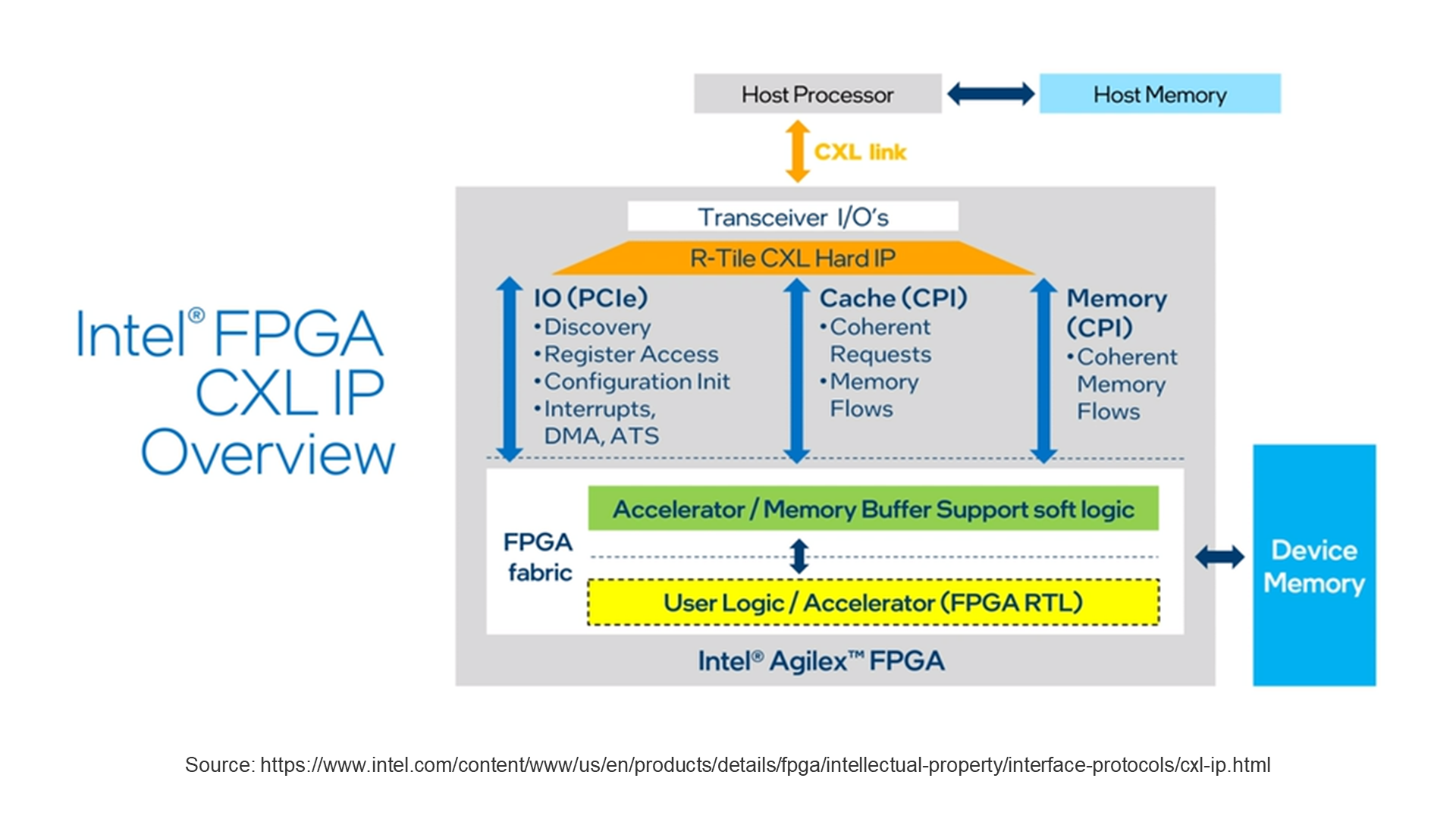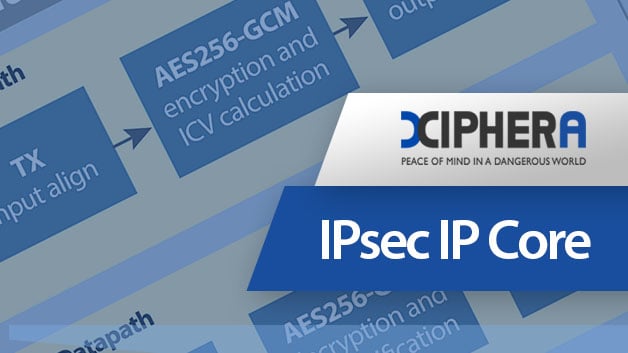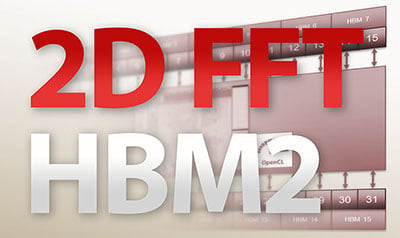S7t-VG6 VectorPath PCIe Accelerator Card Featuring an Achronix Speedster7t FPGA
PCIe FPGA Card S7t-VG6 VectorPath Accelerator Card Achronix Speedster7t FPGA board with GDDR6 and QSFP-DD Overview The S7t-VG6 VectorPath accelerator card offers a 7nm Achronix
